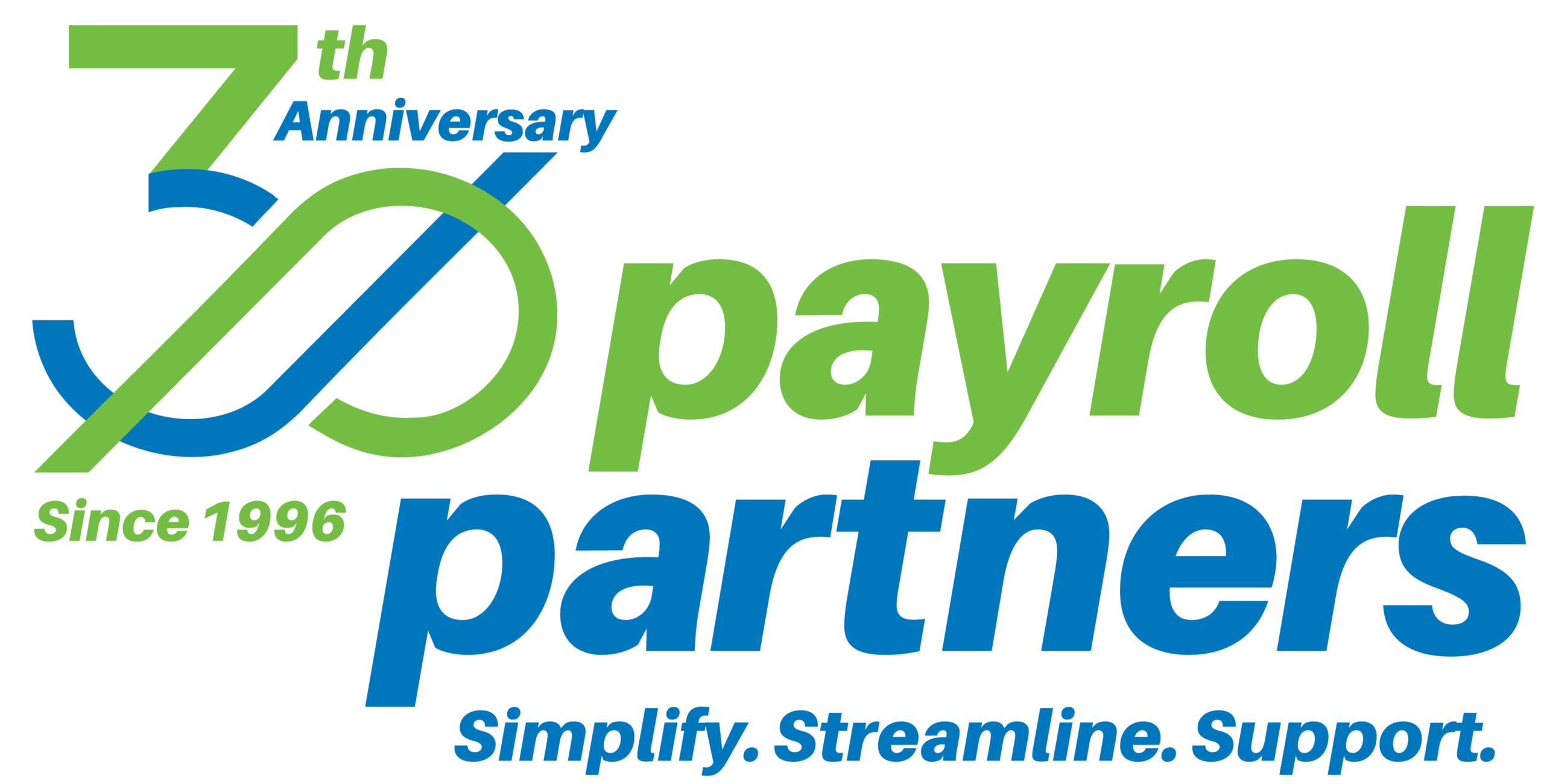Yes, in two circumstances. First, you can discipline the employee if their other job violates your outside employment (aka moonlighting) policy. Second, you can discipline an employee who obtained FMLA leave fraudulently. If, however, you do not have a policy that specifically prohibits employees from working for other employers or if the employee’s work for the other employer is compatible with their health condition, then the fact that they are employed elsewhere during a leave is not cause for discipline. For instance, if the employee works a physically demanding job at Company A that they can’t perform because of a medical condition, they may still be able to work a desk job for Company B during leave.
The FMLA specifically allows employers to hold an employee on leave accountable to their uniformly applied moonlighting or outside employment policy. On the flip side, employers without such a policy can’t deny FMLA leave, including job protection and benefits continuation, to an employee just because they’re working elsewhere while on leave—unless you’ve got a case of FMLA fraud.
If you don’t have a moonlighting policy (or do but it’s not uniformly enforced), then the only other way to discipline an employee for working for another employer during their FMLA leave would be if their second job indicates that the employee lied to you about their serious health condition. For example, if the employee’s FMLA certification states that they need to be on bed rest to recover from surgery, and the employee is performing physical labor at the other place, you’ve got a case of FMLA fraud. Fire away! In grayer situations, however, proceed with caution. The safest approach would be to require a recertification in light of the new information that casts doubt on the employee’s stated reason for leave or continuing validity of their original certification. Disciplining an employee on FMLA leave without knowing all the facts can easily give rise to an FMLA interference claim.
Original content by the HR Support Center. This information is provided with the understanding that Payroll Partners is not rendering legal, human resources, or other professional advice or service. Professional advice on specific issues should be sought from a lawyer, HR consultant or other professional.

